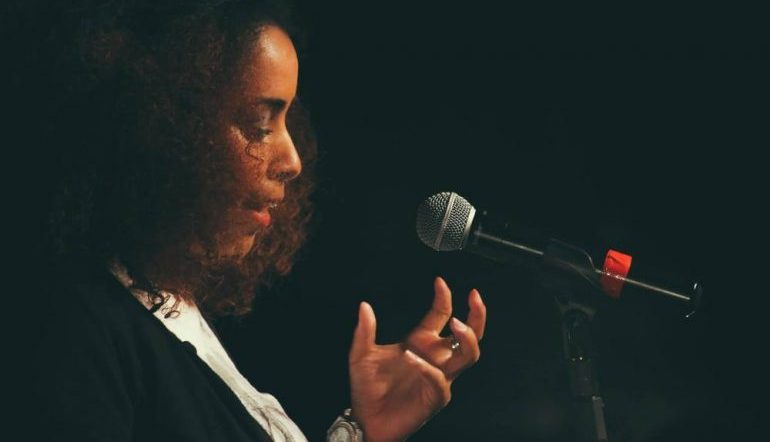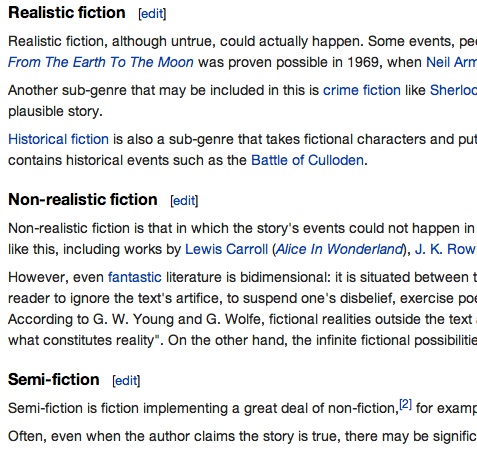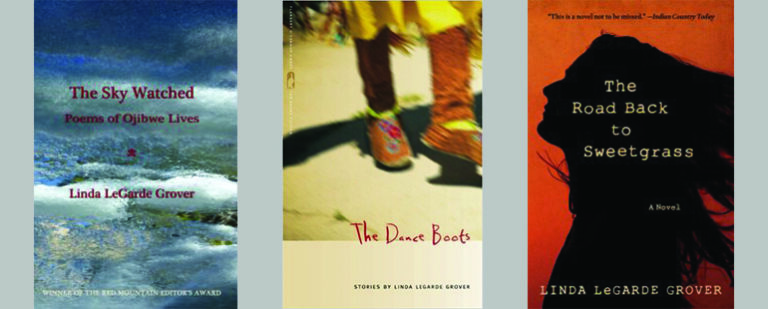Inking Well: An Interview With Jasminne Mendez

If you’re at all alive in the Houston arts scene, chances are you’ve crossed paths with Jasminne Mendez in one of her capacities: as a poet, as an actor, as an educator, as a podcast host, or as a community organizer and programmer (sometimes all of these things in a single day). She’s one-half of the dynamo behind Tintero Projects, a community-based workshop and reading series focused on Latinx writers in the Houston Area, as well as one-half of Inprint’s Inkwell Podcast; she manages both projects alongside her husband, the poet Lupe Mendez. So much of her current work stems from her roots as a performance poet and you can hear it in the lyricism in her prose and poetry, but also see it in the way that work thematically reflects her activist bent within Houston literary circles as an advocate on behalf of Afro-Latinx Writers and Poets.
Her first book, Island of Dreams (Floricanto Press, 2014) was awarded Best Young Adult Latino Focused Book by the International Latino Book Awards in 2015. Her memoir, Night-Blooming Jasmin(n)e: Personal Essays and Poetry (Arte Publico Press) will be published on April 30. I spoke with her here about chronic illness, the writer’s life, and unexpected influences on her work.
Daniel Peña: Chronic illness is such an integral part of Night Blooming. You write about staring at EKG results and not wanting to understand them. There’s a kind of indignity to the battery ram of tests that chronic illness brings to your life. Could you talk a little about chronic illness and your experiences with the medical establishment and how this has inflected your writing?
Jasminne Mendez: Well I can tell you for one that even just looking at that question you wrote “inflected” and my brain literally read it as “infected.” Medical jargon is everywhere for me now! How I use language, and think about the body has completely changed because of my chronic illness experiences. For me, chronic illness and the medical world has become part of my identity. Not only do I identify as Afro-Latina, American, [and] Female, but I also identify as chronically and invisibly ill and partially disabled. The body and what ails it has become such an integral part of the themes in my writing and my writing process that even when I’m not specifically writing about illness, the body always finds a way to make it into the poem or essay. Living with chronic illness and being subjected to endless poking and prodding and examining by complete strangers over the years has also taught me how to disassociate myself from the experience and then come back to it on the page. I am able to use my imagination during invasive procedures or exams to go somewhere else in my mind. I make metaphors for what’s happening, or I study the size and shape of the people and objects in the room, I think about the smells and the textures of the rubber gloves or how bright and white the fluorescent bulbs are. Then, when I come to the page, I explore all those sensations and the emotions tied to those sensations and I use [them].
Being sick and dealing with medical professionals and, most of all, medical terminology has opened up a whole new world for me language- and writing- wise. I’m fluent in Spanish, English and “Medicine.” It makes me laugh to think about it, but I can’t tell you how many times I’ve been asked by doctors, nurses, and pharmacists if I’m “in the medical profession.” I use the words like they’re my own, because they are now. They are a part of me and I know what they mean. Learning this new vocabulary allows me to effortlessly incorporate it into my poetry and prose and it keeps my writing interesting, I think. If I talk about the “bone” or the “flesh” of something, I’m not just using it as a metaphor or because I think it’s a striking image. I use it because I now know what this stuff is made of, how it functions in the body and how it can break, or rot, or heal and scar, and I know physically what each of these sensations feels like in the body so I can describe it in ways that perhaps others hadn’t thought of or aren’t familiar with.
I will say that it has really opened my eyes to how women and especially women of color are treated by medical professionals, and it’s made me want to raise awareness about it. When we’re not being perceived as drug seekers, everyone assumes we’re exaggerating our pain or that it’s “all in our heads.” I think that’s why I’ve made myself become well-versed in medical jargon, because I know the power of words and language; if I can use their language to explain what I think is going on, then I’m more likely to be believed when I come into the ER or clinic complaining of chest pain.
DP: What is the most terrifying thing you’ve ever written?
JM: Terrifying to write it? Or terrifying to put it out there for others to read? I think I’ll go with the former and say that the most terrifying thing I ever wrote was the essay “One in Four” (which is in the book!) about my miscarriage. That essay took me about four years to write. I would write one paragraph, cry, edit it, cry some more, and then put it away. I’d come back to it, read what I’d written, sob for an hour, and give up. I’d write another paragraph, cry, and delete what I’d just written. That piece took on so many different forms before it became the final essay that made it into the book. And even now, there [are] probably things I’d want to change because I just don’t think I “got it right.” But really, how can you even articulate and put into words an experience like that? The essay as it’s in the book now also revolves around language because what I wanted to say about the experience and how the medical world described it were two very completely different things. I was shocked when I looked at my medical file and it listed my miscarriage as a “spontaneous abortion.” To me, as a writer, those were two very harsh and strong words that had NOTHING to do with what I had experienced. So, I think in part, I used the essay to try and grapple with that discord.
I think what was so terrifying about writing it was knowing that one day I would have to finish it. And once I finished it, did that mean that I had accepted what had happened and moved on? For those four years that I struggled with this essay, I wasn’t ready to move on, I didn’t want it to mean that my baby was really gone, so in a way I guess I was subconsciously refusing to finish it.
DP: You’re very open about your writing processes and your personal life in your work, but also on social media, which I think is refreshing. You’re radically honest about your writer life. What’s your relationship with social media?
JM: It’s a love/hate relationship! I love being able to tune into what’s going on in the world and in my friends’ lives and find out what books are coming out and what events are happening around town. But it sucks up my writing and reading time if I’m not careful, and it also can drain my positive energy. Too much negativity in my news feed makes me sad and anxious. I have to curb my time on Facebook and Twitter especially (even if it seems like I’m on 24/7) because if I don’t, it can take me to some dark places pretty quickly.
I do love it though, because back when I was seriously ill and bedridden most of the time, I was still able to connect with people, meet other chronic illness sufferers (Spoonies, as we like to call ourselves) and it made me feel less alone. It was my lifeline when I struggled with insomnia and chronic pain. Scrolling through my newsfeed numbed the pain at times and allowed me moments of distraction and reprieve I couldn’t get by just lying in bed staring at a wall. I was also able to raise awareness about my diseases through social media and my blog and I’ve actually made some great virtual friendships because of it. I find that people open up to me about their struggles because I’ve been so open about my own and that makes me feel good, that my social media presence has made someone feel less alone, less afraid.
I’m very open about my writing life on social media because I want to demystify it. It’s not all sunshine and cupcakes but it’s also not all drunkenness and misery. It’s work. Plain and simple. And sometimes the work is easy and sometimes it’s hard. But you can only succeed if you work at it. Writing is a practice and I try to practice often. (Not everyday, ’cause I think that’s BS, too.) But I practice often and I tell the world about the practicing, the publishing, the failures and the successes, because that’s what’s real. It’s not just big book deals and fancy readings and sitting at a desk in a cottage in the woods. It’s living your life day by day and working at this thing you love, not [knowing] if or when the payoff will ever come.
DP: What are some literary influences that might surprise your readers? Especially influences that may have had an impact on your memoir.
JM: I will start by saying that any book project I start is started because, as Toni Morrison said, “It’s a book I want to read, that hasn’t been written.” So sometimes, it’s because I’m NOT finding inspiration or stories that I relate to, that push me to write my own.
But to actually answer your question, sort of, I think what’s maybe more interesting is whose work HASN’T influenced this memoir. And what I mean is that 100 percent of the time when I do a public reading or performance, and folks learn that I’m Dominican, someone from the audience will ALWAYS ask me if I’ve read Junot Diaz or Julia Alvarez, the only two Dominican authors most people know or are familiar with. And while I do admire and respect their work, it’s truly NOT where I find inspiration. Their voice and narrative style and even experiences are actually very dissimilar to my own, and while I find some kinship in reading their stories, poems, and about the lives of their characters, their work isn’t where I go when I need to be “fed” as a writer.
For this memoir in particular, I really loved the work of Eula Biss, author of On Immunity and Notes From No Man’s Land, as well as the essays in Belle Boggs’ book The Art of Waiting. These three books deal with the health care industry, illness, and infertility and race in ways that were new to me and that I enjoyed learning from. Both of these essayists are also masters of the braided essay, interweaving personal narrative and memory with research and reflection, something I experimented with in this forthcoming collection.
I also really drew inspiration from Toi Derricote’s The Black Notebooks, Natasha Tretheway’s Beyond Katrina (and pretty much everything she’s written), and Elizabeth Alexander’s The Light of the World, all African-American women who see themselves as poets first, but who also write memoir and essay, which is how I see myself as well. All three of those books experiment with multi-genre elements, flash creative nonfiction, and poetry to tell the story. They all really helped give me permission to write a hybrid-style book and they taught me that I didn’t have to give up being a poet to write a memoir, [and] that I could use what I know about crafting a poem, (such as repetition, imagery, precision with language, and extended metaphor), to craft a lyrical and moving essay as well.
DP: What are you reading right now?
JM: I have to read a variety of things for the literary podcast I co-host with my husband, Lupe, and I am currently in grad school, so there’s always reading I have to catch up on for that! Currently for the podcast I’m reading What Drowns the Flowers in Your Mouth by Rigoberto Gonzalez. For grad school, I’m only focusing on poetry this year and this morning I just finished Tarfia Faizullah’s Seam and am about three poems into Mai Der Vang’s Afterland. My current book project involves a lot of research and docupoetics, so I’m trying to read as many books that incorporate that as I can. For fun, I’ve just started Elizabeth Acevedo’s The Poet X and I’ve read Junot Diaz’s picture book Islandborn like twelve times because I can’t wait to share it with my baby girl when she makes her big arrival into the world.


